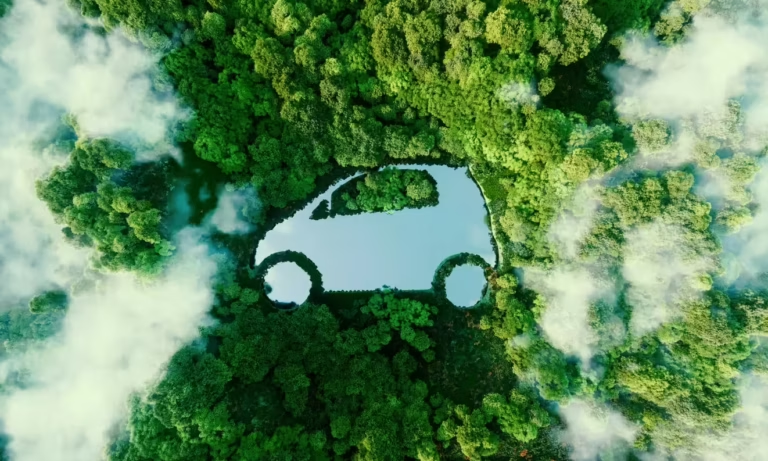The report underscores India’s commitment to building a cleaner, more sustainable automotive ecosystem while balancing multiple technological pathways to meet diverse mobility needs.India is rapidly advancing toward sustainable mobility through a mix of electric, hybrid, and alternative fuel vehicles, according to a report released on Thursday by the India Energy Storage Alliance (IESA). The study, titled “Automotive Electrification in India Market Report”, was published under IESA’s e-mobility initiative, the India Electric Mobility Council (IEMC).
As the world’s fourth-largest automobile producer, India is at a pivotal stage in its automotive journey. While petrol and diesel vehicles still dominate, the report notes that cleaner mobility is gaining significant momentum, driven by government policies, industry investment, and rising consumer awareness.
Which states are leading the EV adoption?
States such as Uttar Pradesh, Maharashtra, Karnataka, and Tamil Nadu are leading EV adoption, accounting for over half of the country’s total electric vehicle sales. These states are actively promoting local EV manufacturing, expanding charging infrastructure, and creating dedicated mobility clusters.
The IESA report highlights India’s unique multi-fuel, multi-pathway approach to cleaner transport. Alongside battery-electric vehicles, there is growing interest in compressed natural gas (CNG), hybrid, flex-fuel, and hydrogen-powered vehicles, each aimed at reducing emissions and catering to different transportation needs.
Government’s initiative for multi-fuel approach
To support this transition, the government’s upcoming Corporate Average Fuel Efficiency (CAFÉ 3) norms, set to take effect in April 2027, will incentivise automakers producing zero- and low-emission vehicles. The norms introduce new volume derogation factors for vehicles powered by batteries, hybrids, and alternative fuels.
Debmalya Sen, President of IESA, emphasised that policy support is critical for shaping consumer choices and accelerating the adoption of sustainable transport. He noted that while some states are moving directly toward zero-emission vehicles, others are taking a gradual path via alternative fuels, reflecting differences in market readiness and infrastructure.
The report underscores India’s commitment to building a cleaner, more sustainable automotive ecosystem while balancing multiple technological pathways to meet diverse mobility needs.
- Published On Oct 24, 2025 at 08:34 AM IST
Join the community of 2M+ industry professionals.
Subscribe to Newsletter to get latest insights & analysis in your inbox.
All about ETAuto industry right on your smartphone!

Images are for reference only.Images and contents gathered automatic from google or 3rd party sources.All rights on the images and contents are with their legal original owners.

